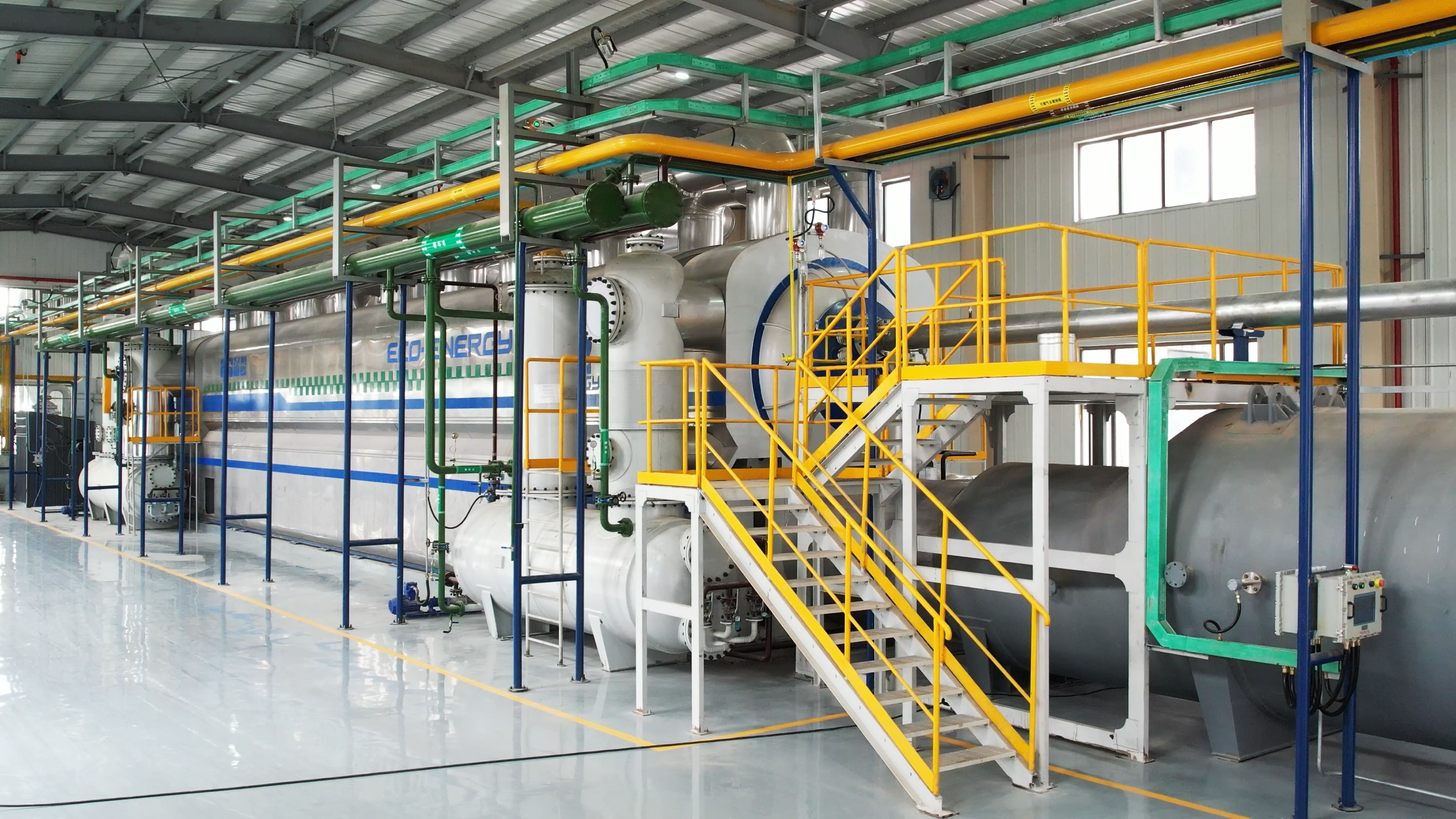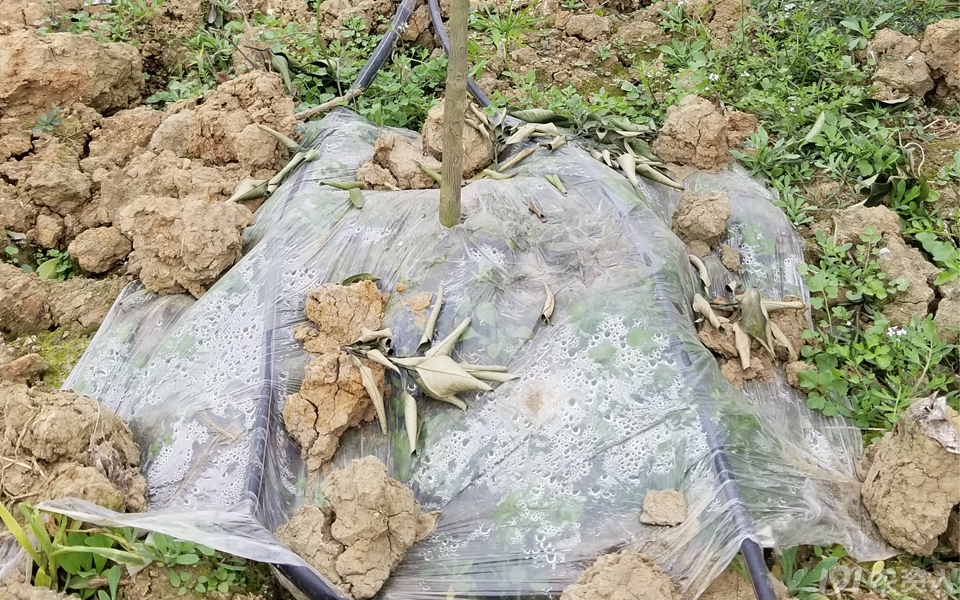The technology of chemical recycling to treat waste plastics has not yet been applied on a large scale all over the world, especially in terms of plant treatment capacity. The industrial continuous waste plastic pyrolysis technology and equipment developed by Niutech has been successfully verified by the long-term commercial operation of many projects and has achieved industrial application.

Pyrolysis technology is to thoroughly decompose the polymer in waste plastic products, convert waste plastics to small molecules or monomers. The outputs are fuel oil, solid fuel and non-condensable combustible. Pyrolysis machine can realize the resource disposal and recycling of waste plastics under the premise of safe, environmentally friendly and stable operation.
The pyrolysis technology is suitable for waste plastics from landfills, waste plastics from paper mills, agricultural films, etc., which are low-value waste plastics that cannot be physically recycled or the cost of physical regeneration is too high.
Chemical recycling is repaidly developing. Howecer, the low value waste plastics need to be improved. The most inportant things are how to collect and recycle low-value waste plastics and achieve low-cost and efficient recycling. Agricultural mulch film is a potential recycling method of waste plastic resources. Plastic composition of mulch film residual film is relatively single and large, easy to recycling. Niutech have begun to start from the recycling of residual film, consider planning to build a 10,000-ton industrial experimental device in Xinjiang, China.

Because of the relatively arid weather, cotton fields, corn and other crops must be covered with water and moisture. If all the aging resistant mulch films are used, nearly 300,000 tons of mulch film are needed every year in cotton fields alone. The residual film left in the farmland often affects the root growth of cotton, resulting in the yield of seed cotton mu falling from the original 500 kg to 600 kg to the current 300 kg to 400 kg. In order to solve this problem, governments at all levels in Xinjiang have encouraged farmers and farms to recycle mulch film residue film and trade in old ones by building residual film recycling stations and combining relevant subsidy policies. In 2021, the recycling rate of mulch film in Xinjiang has reached 81%, and the pollution of cotton fields by incremental mulch film residue has been effectively controlled.
Email: contact@niutech.com
Tel:86 531 86196301


No comment